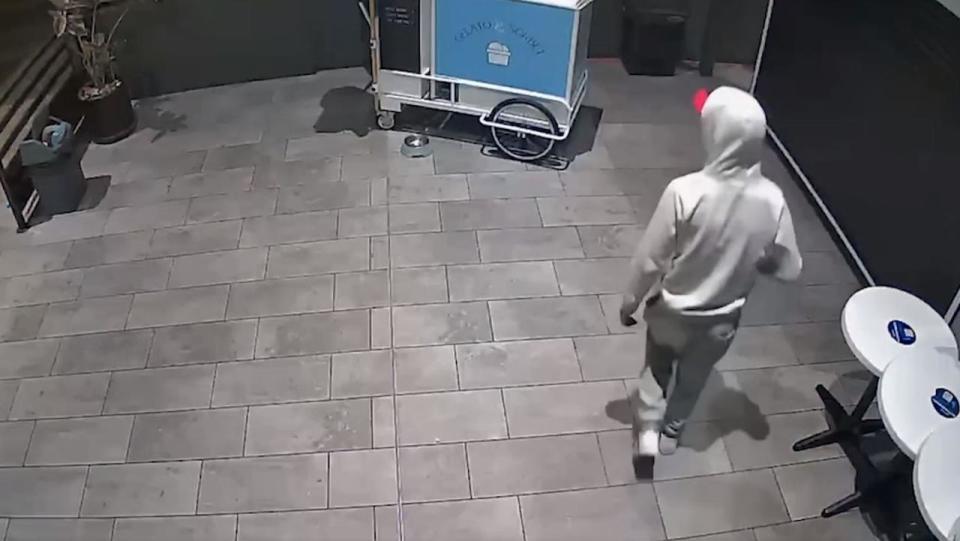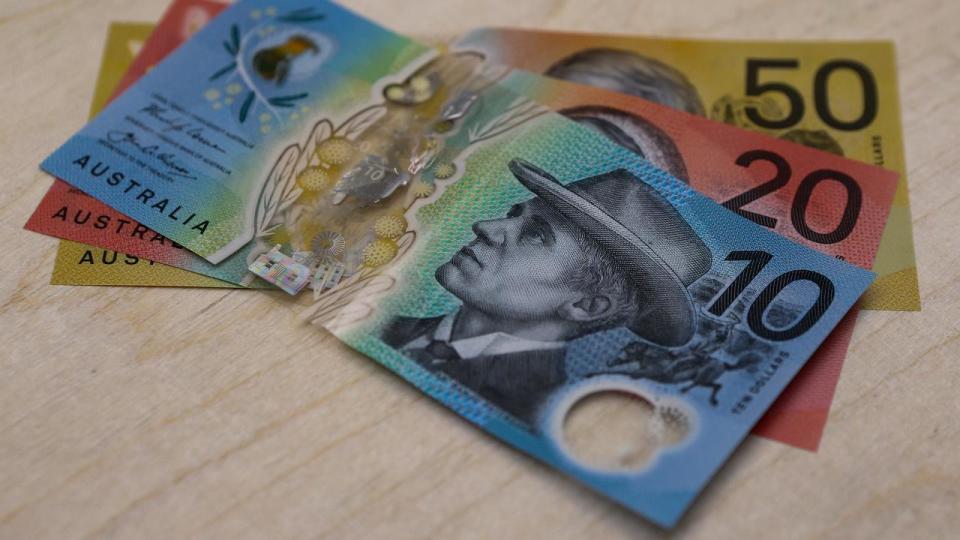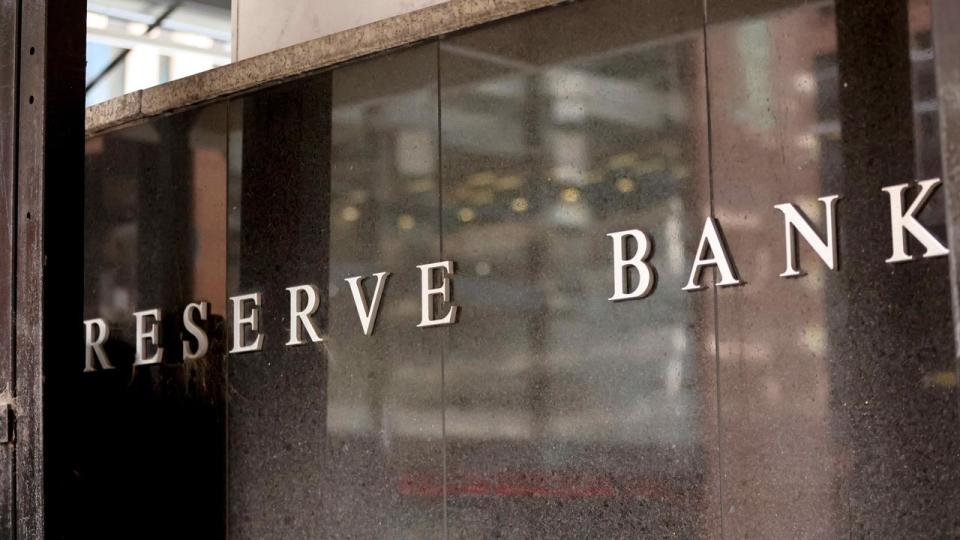Why small businesses are going cashless

Small businesses in Queensland are considering going cashless — not to meet rising consumer demand or reduce labour costs but to protect their staff.
Coffee franchise Annee’s, which runs five cafes across North Queensland, is one such business transitioning to a cashless model.
Owner Annee Nguyen told the ABC the decision came after a break-in which property was vandalised in a space shared with young team members.
Despite a drastic drop in cash transactions post-pandemic, other small businesses targeted by criminal activity fear axing cash altogether would lead to a loss in customers.
Tribe Coffee Co. owner Mark Hardingham’s Ascot store in Brisbane was allegedly robbed at gunpoint by a group of teenagers in July.


Police allege the teens targeted the cafe as their third stop on a 12-hour crime spree, threatening a female employee with a rifle and pistol while she was opening the store at 6am.
The employee refused the youths’ demands to open the cafe, and they instead stole her bag and fled the scene, according to police.
Mr Hardingham, who owns two other cafes in Brisbane, said female employees had asked not to work at the Ascot site since the alleged incident.
“You want to provide your team with a safe workplace but then things like this happen,” he said.
“It’s pretty demoralising because you build up a business and a reputation with the community and then you struggle to find staff and without them you can’t run it.
“But the team don’t want to work if they don’t feel safe about working.”

Just two weeks ago another person attempted to break in to the Ascot store, Mr Hardingham said, although their attempt was unsuccessful.
“The incident in July was the first that involved a team member, but there’s definitely been an increase in break-ins in the past 12-18 months,” he said.
“Someone attempts to get into one of my sites probably every 2-3 months.
“Nine times out of 10 it’s just kids being a nuisance … but it’s getting worse.”
Less customers than ever are handling cash, leading some businesses to question whether having any on the premises is worth the risk of attracting opportunistic crime.

According to the Reserve Bank of Australia, cash payments halved from 32 per cent to 16 per cent of in-person transactions over the three years to 2022.
Covid-19 is blamed for the sudden drop, which the RBA said merely “accelerated the decline that had been under way since at least the first (survey) in 2007”.
Individuals who use cash for 20 per cent of their in-person spending, or “low cash users”, made up 72 per cent of the Australian population in 2022 compared with 50 per cent in 2019.
Mr Hardingham said while only about a fifth of his customers pay in cash, transitioning to an exclusively digital payment system remained out of the question.
“I’d stir the pot and lose customers,” he said.
“Those paying in cash tend to be older people, and because of the area it’s in, one of my cafes has an older demographic.
“A lot of them would just turn around and tell me where to go, politely.”
Mr Hardingham said while he had no plans to go cashless anytime soon, he could “100 per cent understand” why other businesses would.
“My transactions are small, the most I would ever keep on site would be $400, but I can empathise with why those taking in more cash would want to,” he said.
“For my business, it’s just not really justifiable.”

According to the RBA, more than one-quarter of the population would experience “genuine hardship” if cash became difficult to use despite how few people still used it.
“This suggests that cash remains essential in the lives of some Australians, albeit a shrinking proportion,” the RBA said in its June 2023 Bulletin.
Last week, in an unprecedented move, Macquarie Bank announced it would phase out cash across all its branches by November 2024.
Just less than 99 per cent of all customer interactions with banks now occur digitally.
While cutting out cash can increase safety and convenience, fears remain that vulnerable people, such as older Australians or those with disabilities, will be disproportionately affected by the transition into a cashless society.


